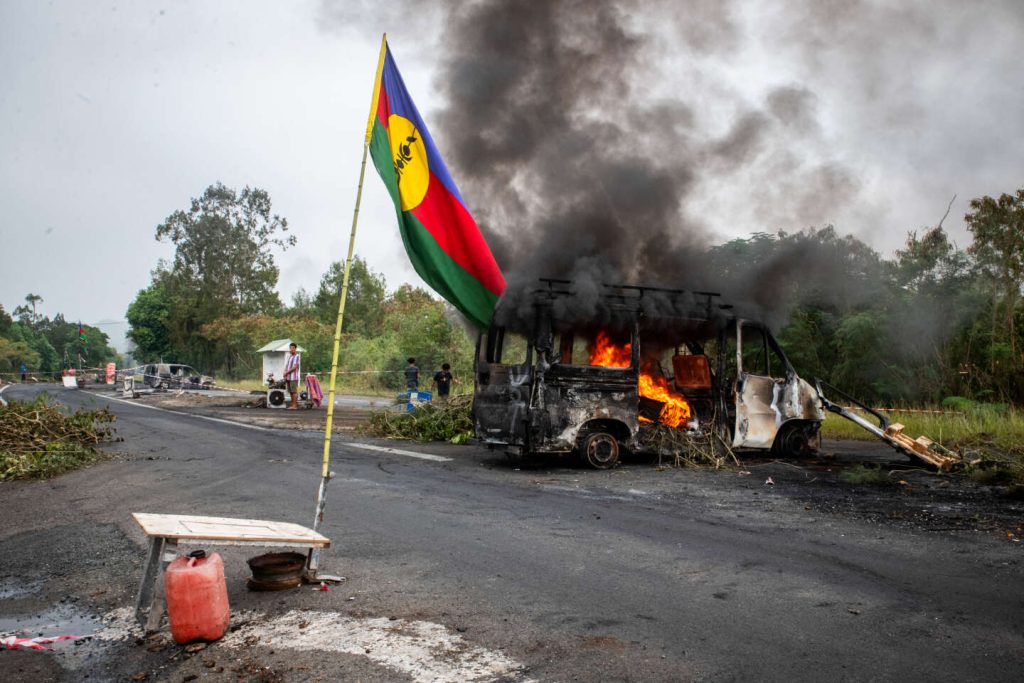The state of emergency declared in New Caledonia, as published in the Official Journal on May 15th, seems to evoke a sense of déjà-vu. A similar declaration was made in 1985 when loyalist Caldoches and independence-seeking Kanaks were engaged in armed conflict. However, much has changed in nearly forty years, particularly with the signing of the Noumea Accord in 1998 which outlined transfers of power, referendums, and a clear self-determination process. The use of the state of emergency has become more prevalent in recent years, during events such as urban riots in 2005, terrorist attacks in Paris in 2015, and the 2020 health crisis.
This new declaration is not simply a repetition of the events of 1985 in New Caledonia. While both instances involved the threat of civil war, the current situation differs in that the state of emergency was declared to protect the Caldoche population from armed young Kanaks, rather than the Kanaks from Caldoches as in 1985. Additionally, the threat is now centered around Noumea, the main city on the island, making the situation even more serious and concerning. This reflects the political and moral crisis stemming from repeated referendum failures and the inability to reach a viable political agreement amid growing resentment on both sides.
The recent state of emergency declaration in New Caledonia highlights the classic characteristics of this legal regime. It reveals the ongoing disconnect between political reality and the legal framework due to the highly presidential nature of the Fifth Republic. While the law dictates that the state of emergency can only be declared by a decree in the Council of Ministers, in practice, the President publicly announced the decision before the council had the chance to deliberate on it. This illustrates the dominance of the President in making such decisions, further exacerbating the political tensions in the region.
The current situation in New Caledonia raises questions about the implementation and effectiveness of the state of emergency. With tensions escalating and the threat of violence looming, it is crucial to consider the wider implications of such measures on the population and the political landscape. The history and context of the region play a significant role in shaping the decisions made by the authorities, highlighting the complex interplay between legal frameworks, political realities, and social dynamics.
In conclusion, the state of emergency in New Caledonia reflects the deep-rooted political and social challenges faced by the region, exacerbated by historical tensions and current conflicts. The use of exceptional measures like the state of emergency underscores the urgency and complexity of the situation, requiring a delicate balance between security concerns and respect for human rights. Moving forward, it will be essential to address the underlying issues and grievances that have led to this point in order to achieve lasting peace and stability in New Caledonia.


